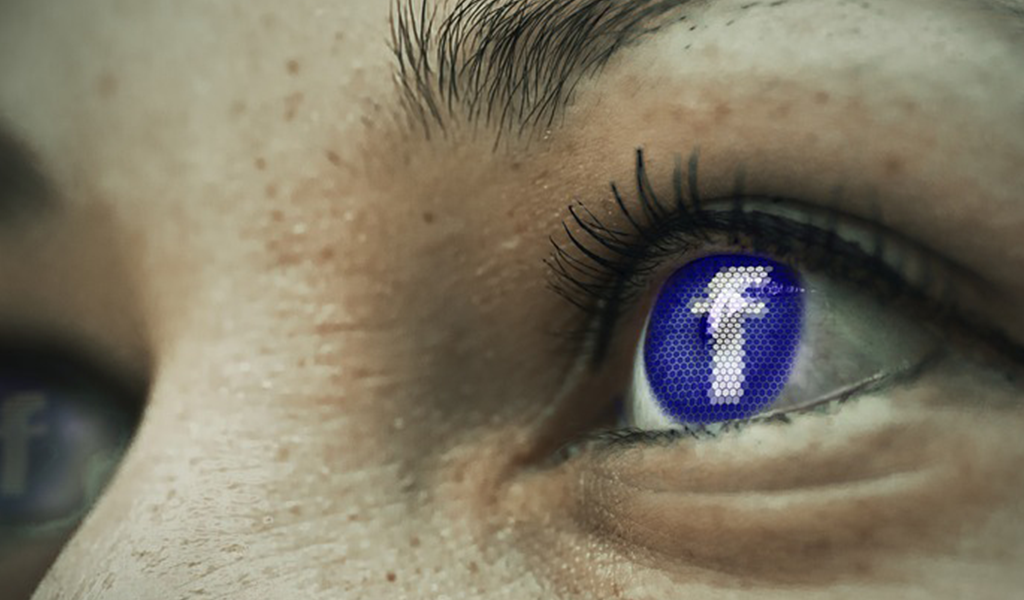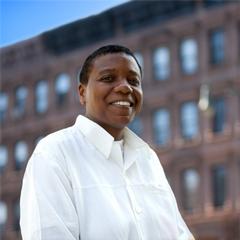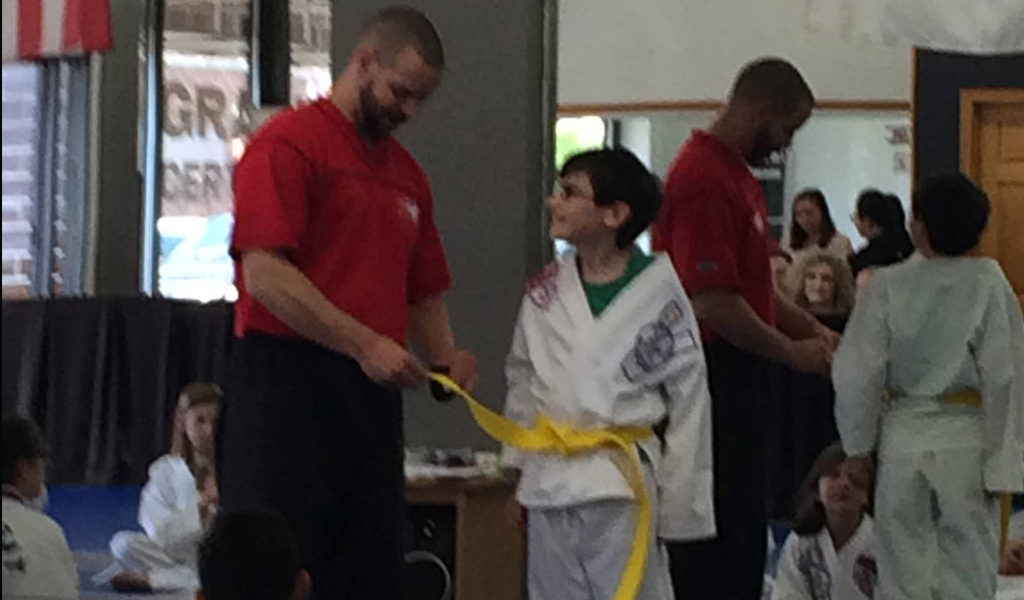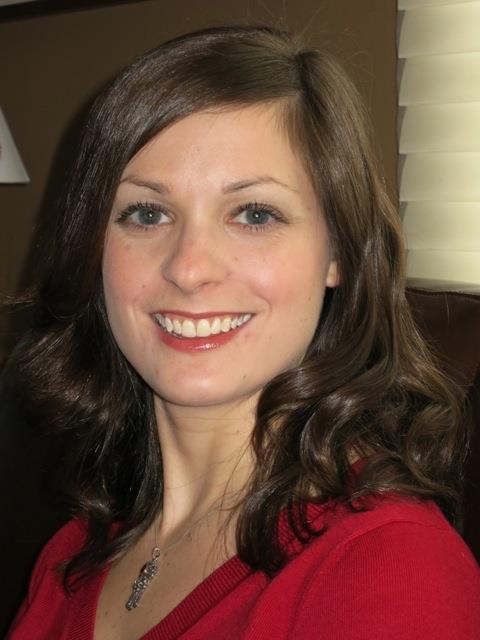
Anna’s roommate was shy and awkward; whenever I saw her, she was reading a book by herself in the dining hall. She became the butt of Anna and her friends’ jokes, which I occasionally overheard. I don’t know what compelled Anna to take it one step further – to record her roommate – but she did.
To her grotesque delight, she ended up with a recording of her roommate masturbating. She posted it on Facebook, enabling privacy settings that meant only a small number of her hometown friends could see it. A friend of mine overheard her bragging about it. None of us ever saw the video, which fortunately never seemed to spread beyond Anna’s group of friends.
 At one point my friends and I discussed whether there was anything we could or should do about it. We ultimately decided that as much as we wanted Anna to be punished for what she did, it was best that her roommate never find out about it. As far as I know, she never did.
At one point my friends and I discussed whether there was anything we could or should do about it. We ultimately decided that as much as we wanted Anna to be punished for what she did, it was best that her roommate never find out about it. As far as I know, she never did.
A few years later, when I heard about Tyler Clementi, I couldn’t help but think of Anna and her roommate. I hope Anna knows how much pain she almost caused her roommate, and how lucky she is that her roommate never found out about it.
Do you need information about cyberbullying? Find cyberbullying resources here to assist you or reach out to the Tyler Clementi Foundation directly for assistance.
The views or experiences expressed are solely those of the contributor or interview subject and do not represent the views of the Tyler Clementi Foundation, its staff or board. If you have any questions or concerns regarding the material, please contact the Tyler Clementi Foundation, and we appreciate your support and commitment to end bullying starting on #Day1.



